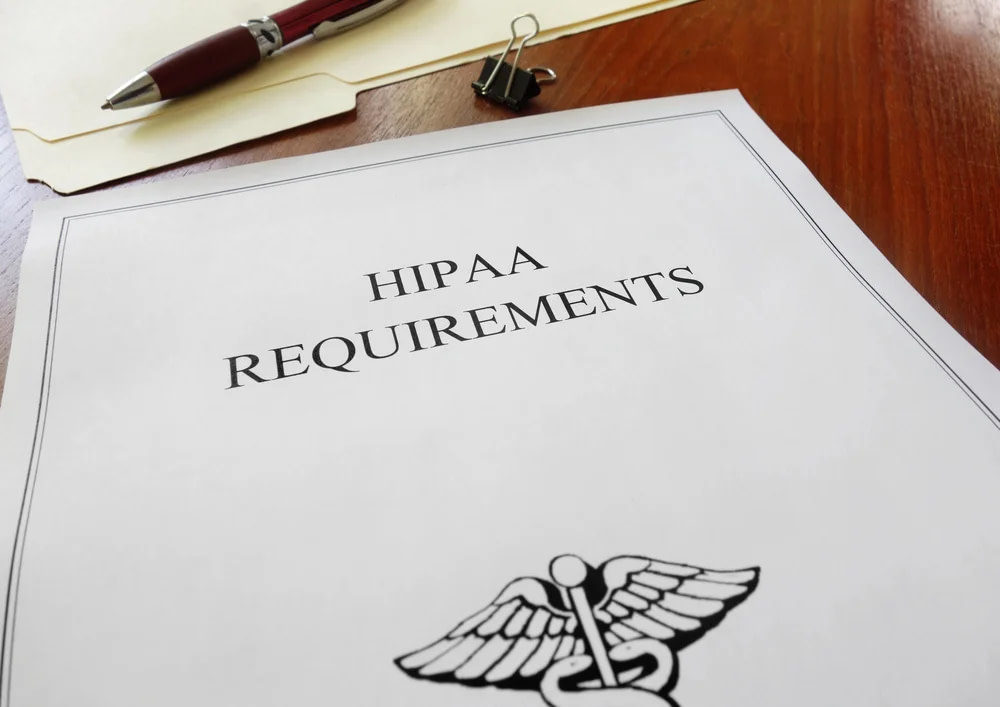Healthcare is infamous for being a heavily regulated industry. With sensitive data and patient health outcomes at stake, it’s no wonder there are so many rules and regulations healthcare institutions must adhere to. Those who fail to comply with relevant laws may find themselves in a heap of trouble. So what are the consequences of non-compliance in healthcare, and how can you avoid them?
Understanding the True Cost of Non-Compliance in Healthcare

In healthcare, non-compliance can have severe and lasting consequences for patients, stakeholders, and other parties. As such, regulatory bodies impose harsh penalties for non-compliant businesses. These range from fines to operational restrictions.
Financial Penalties and Fines
When most people think of non-compliance in healthcare, they tend to think about the monetary costs, and for good reason––these fines have the potential to cripple businesses financially. For example, HIPAA non-compliance can result in fines ranging from $137 to $68,928 per violation.
Violations of the Stark Law, which prohibits physician self-referrals, can also lead to substantial penalties. If a physician makes a referral for certain designated health services payable by Medicare to an entity with which he or she (or an immediate family member) has a financial relationship, they can face fines of thousands of dollars.
Impact on Patient Safety and Care Quality
Healthcare non-compliance has a direct impact on patient safety and the quality of care they receive. Failing to adhere to standards set by the Centers for Medicare & Medicaid Services (CMS) can result in reduced reimbursements, which may limit the resources available for patient care.
Likewise, non-compliance with infection control guidelines, such as those set by the CDC, can lead to major outbreaks. In fact, the CDC estimates that it costs hospitals over $4.6 billion each year to treat infections caused by antimicrobial-resistant germs which may be directly related to improper prescribing or patient use of antibiotics. This highlights one of the many indirect monetary costs of non-compliance.
Legal Consequences

In addition to paying fines, non-compliant healthcare organizations may be subject to criminal charges for failing to adhere to required standards. In 2019, a healthcare executive was sentenced to over three years in federal prison for her role in a $4.6 million scheme that violated the Anti-Kickback Statute, which outlaws financial payments or incentives for referring patients or generating federal healthcare business.
Reputational Harm
A significant but often overlooked consequence of non-compliance in healthcare is brand damage. In healthcare, trust is especially crucial, and it can be easily broken by failing to adhere to safety and privacy standards.
Going Out of Business
In severe cases of non-compliance, offending healthcare institutions may be forced to cease operations altogether. When a healthcare provider repeatedly violates industry standards, the cumulative fines and penalties can be overwhelming.
For instance, if a hospital is found to be in serious violation of safety protocols or fraud regulations, it may lose its accreditation or license to operate, effectively shutting it down. The combined impact of financial penalties, legal battles, and reputational damage can result in them having to close their doors forever, leaving communities without access to critical healthcare services.
Examples of Non-Compliance in Healthcare
For some organizations, the consequences of non-compliance in healthcare can seem abstract, distant, or even unlikely. But ignoring compliance comes at significant peril, as evidenced by many companies over the past several years.
Halifax Health and the False Claims Act
In 2014, the Florida-based healthcare system Halifax Health violated the False Claims Act and faced major monetary penalties. They were accused of overbilling Medicare for inpatient procedures, leading to a whistleblower lawsuit.
Halifax Health ultimately agreed to pay $85 million to settle the claims. The US Attorney for the Middle District of Florida said of the case, “This settlement illustrates our firm commitment to pursue health care fraud. Medical service providers should be motivated, first and foremost, by what is best for their patients, not their pocketbooks. Where necessary, we will continue to investigate and pursue these violations in our district.”
Anthem’s HIPAA Violations

When Anthem fell victim to a series of cyberattacks in 2015, it was the largest health data breach in US history. An Office for Civil Rights (OCR) investigation found that Anthem failed to conduct a thorough risk analysis, among other things, which allowed hackers to gain access to their system through phishing emails.
The hackers stole the electronic information, including Social Security numbers and addresses, of nearly 79 million people, leading to drastic HIPAA violations. Anthem ultimately paid $16 million in settlement costs.
The Regulatory Action Faced By The Detroit Medical Center
The Detroit Medical Center (DMC) was found to be non-compliant after the CMS uncovered widespread issues with infection control. In 2016, the DMC was cited for failing to adhere to proper sterilization procedures, putting patients at great risk of infection.
The fallout included a loss of federal funding, the implementation of a costly correction plan, and considerable damage to DMC’s reputation. Unsurprisingly, this eroded patient trust and hindered institutional recovery for a prolonged period of time.
How to Remain Compliant in Healthcare
Shocking though they may be, the consequences of non-compliance in healthcare are far from inevitable. By working to prevent violations and promote continuous compliance, you can limit damage and preserve operational integrity. To ensure ongoing compliance, it’s important to:
- Establish a comprehensive compliance program
- Provide regular training and education
- Implement effective monitoring and auditing
- Make compliance a company-wide priority
- Stay informed on regulatory changes
The key is to foster a culture of compliance, where staff members adhere to regulatory standards without really having to think about it. Compliance best practices should be an integral part of your organization’s day-to-day operations, something that’s at the forefront of what you do rather than merely an afterthought.
Compyl Can Help You Avoid the Consequences of Non-Compliance in Healthcare
Maintaining compliance in the healthcare field is no easy feat, but it can be done with the right tools and strategies. When in doubt, it never hurts to bring a compliance expert on board. Compyl’s modern integrated GRC platform allows businesses like yours to streamline compliance and adhere to all relevant frameworks.
To learn more about how we can help you avoid the consequences of non-compliance in healthcare, contact us today.



